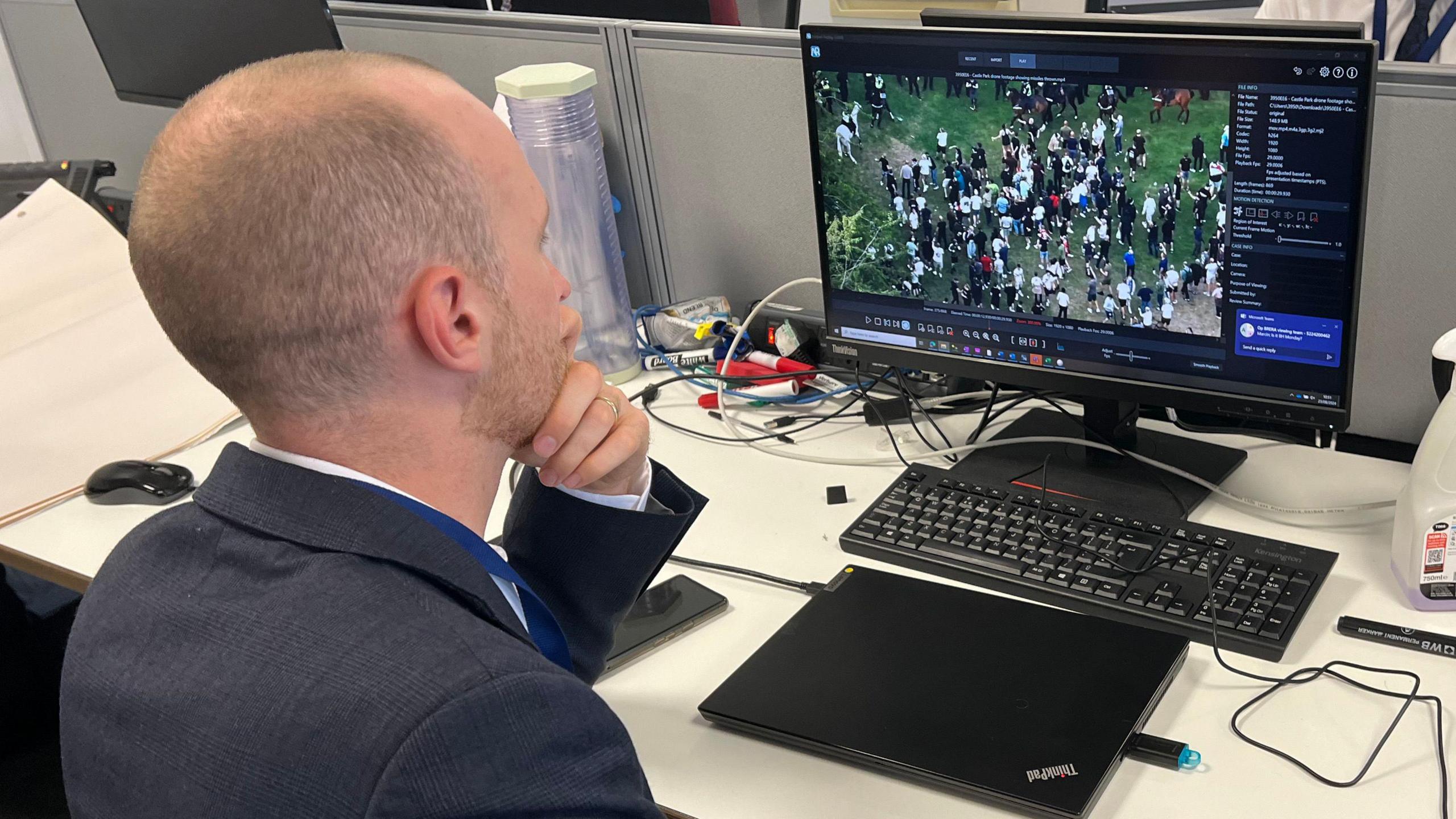'Prisons are for rehabilitation, not punishment'
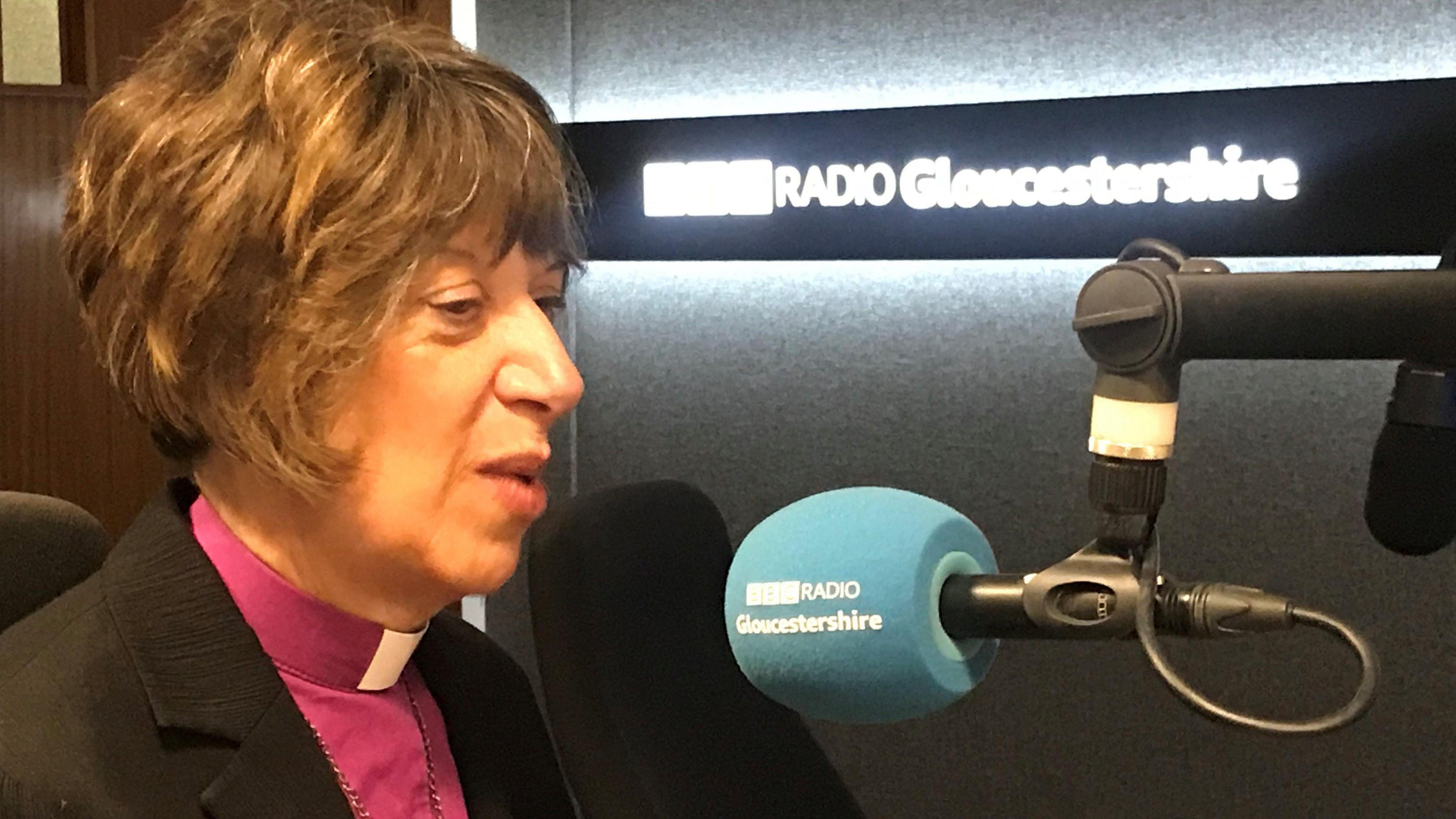
Bishop Rachel Treweek said 'locking people up for a long time' wasn't always the solution
- Published
The Church of England Bishop for Prisons has called for greater rehabilitation for inmates in the wake of recent disorder.
The Right Reverend Rachel Treweek, who is also Bishop of Gloucester, said: "Those people who have rioted and caused damage on our streets, we as taxpayers contribute £50,000 per person per year to put them in prison.
"If at the end of that there is no transformation and change then what do we think we are doing?
"Within a year of release, around 50% of prisoners are re-offending - what we're doing is not working."
So far, hundreds of people have been jailed for their part in the disorder, which saw protesters targeting mosques and hotels housing asylum seekers.
The longest sentence handed out so far is three years and three months' imprisonment.
The violence across England broke out after the killings of three young girls at a dance workshop in Southport.
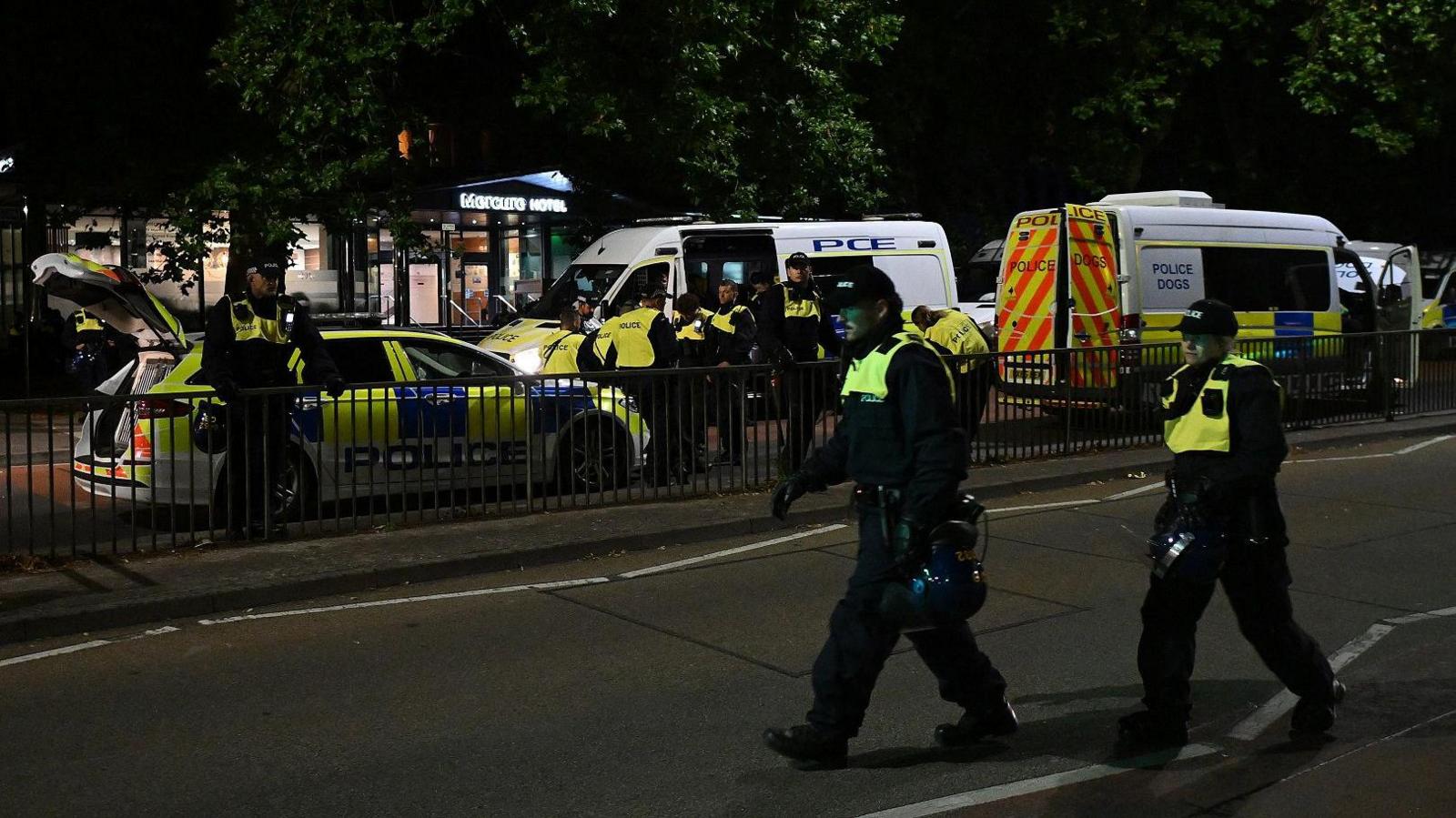
Bristol was one of the locations that saw disorder break out in early August
"Prisons are not there to punish people," said Bishop Treweek in an interview with Caroline Martin on BBC Radio Gloucestershire.
"The removal of your liberty should be your punishment, and prison should be a place where you can address the underlying issues with rehabilitation so people can contribute to community when they leave.
"Our prisons are full of people who have experienced real trauma in their lives.
"You would be shocked to see how many people fell out of education very young, or had bad experiences in the care system, or who didn't have stable relationships in their lives.
"When you come out of prison, you have a label of an ex-offender, which makes it hard for you to gain employment, and people just drift back into re-offending," she added.
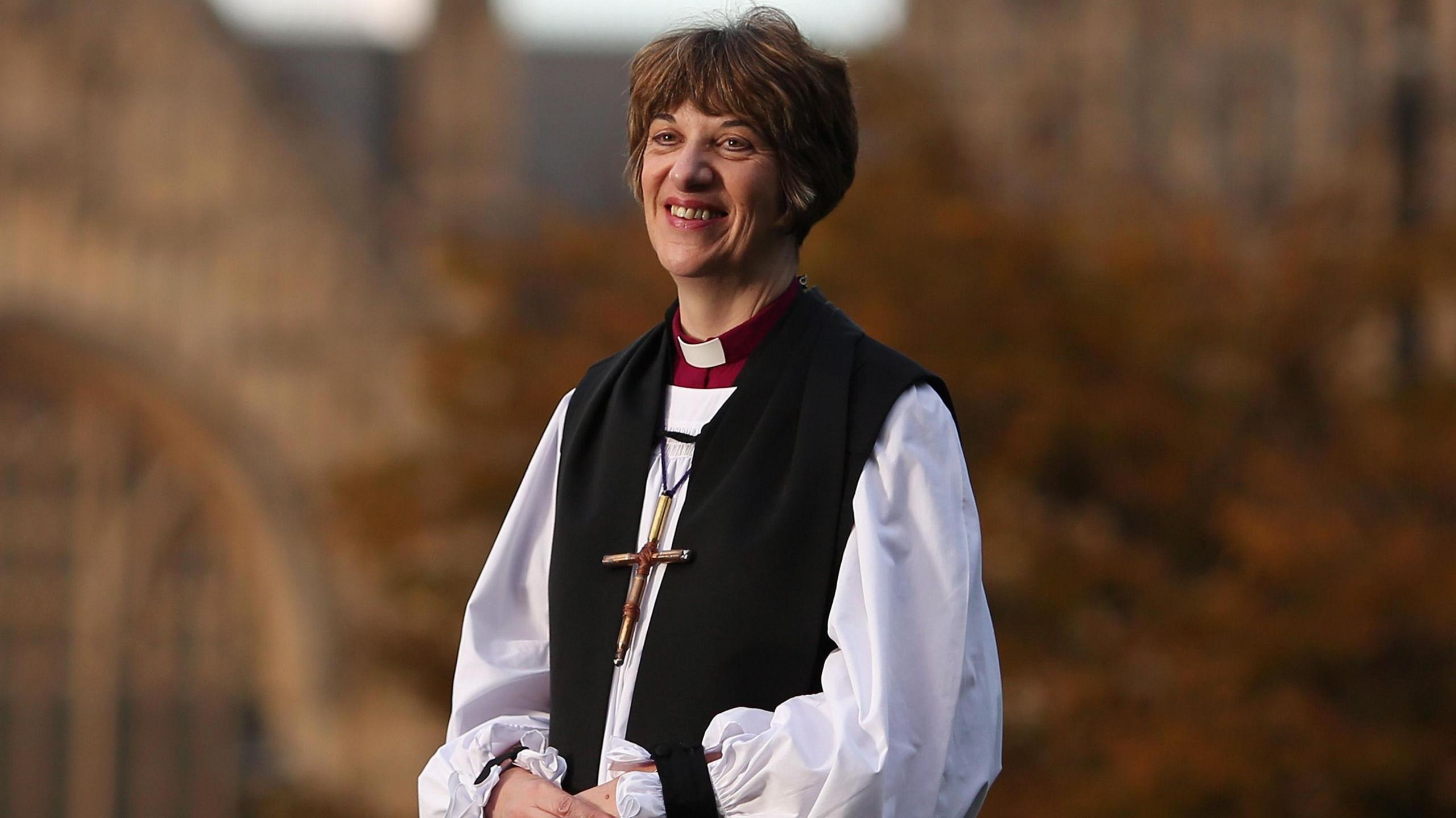
Bishop Treweek said most prisoners go on to re-offend after being released
Bishop Treweek said she wanted to make it clear she didn't condone crime, and there are consequences to criminal behaviour, but called for more to be done to help people once they are incarcerated.
"When I go to prisons, there isn't that much rehabilitation going on because prisons are too overcrowded.
"People say there aren't many work opportunities in prison, and they have no purpose.
"The public narrative is that locking people up for a long time makes our streets safer, but the truth is the evidence does not support that," she added.
Get in touch
Tell us which stories we should cover in Gloucestershire
Related topics
- Published9 August 2024
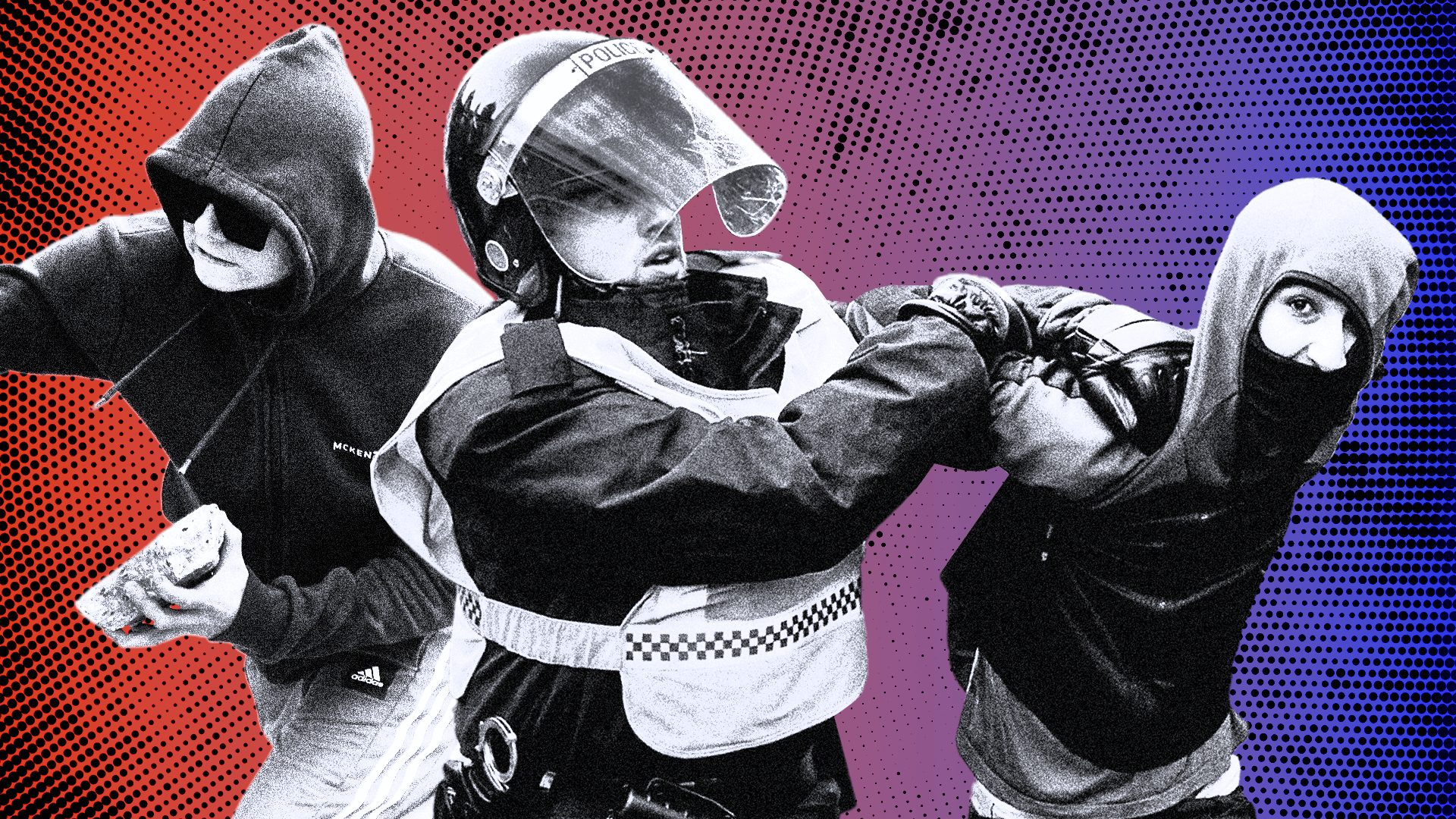
- Published23 August 2024
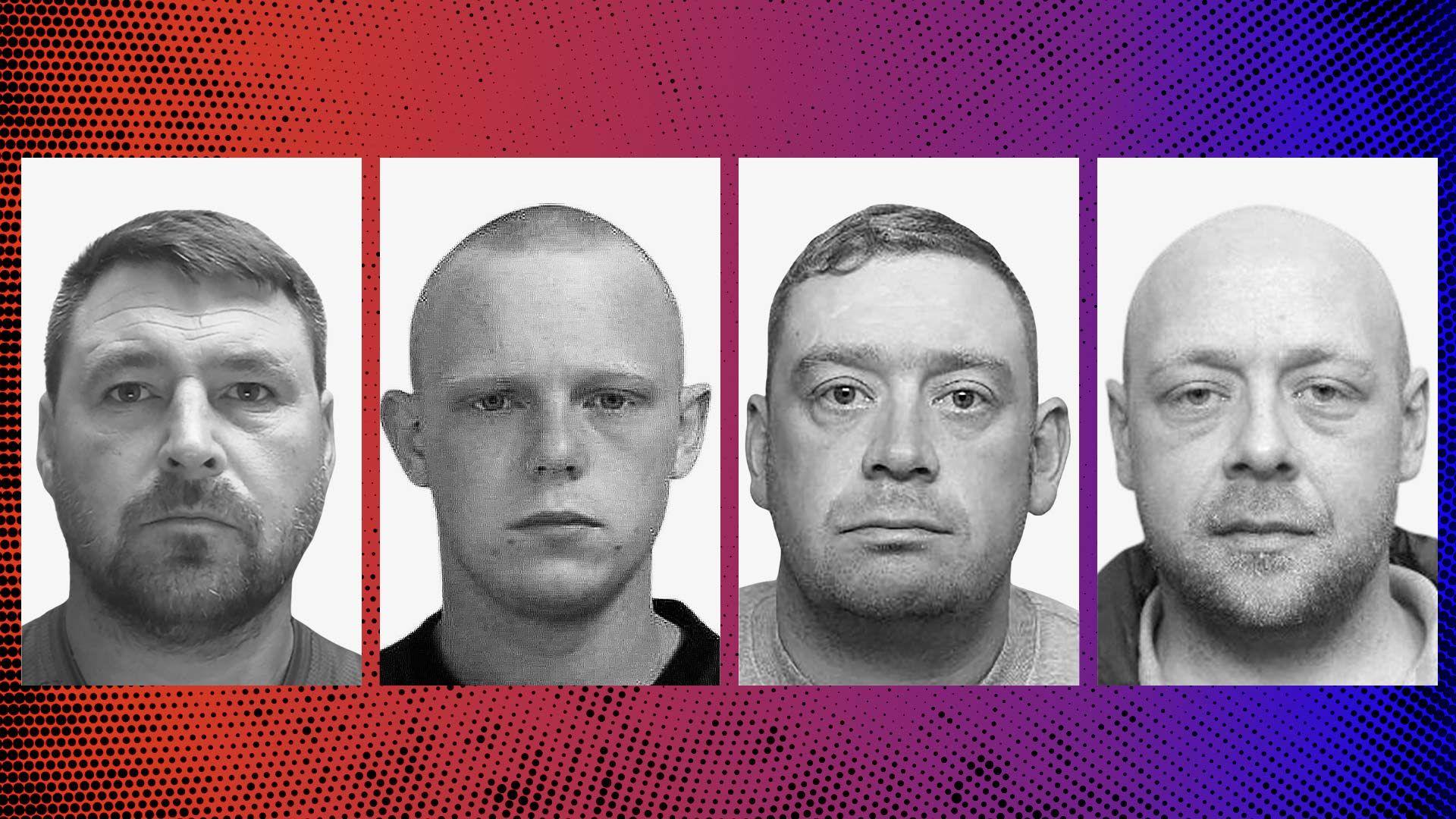
- Published23 August 2024
